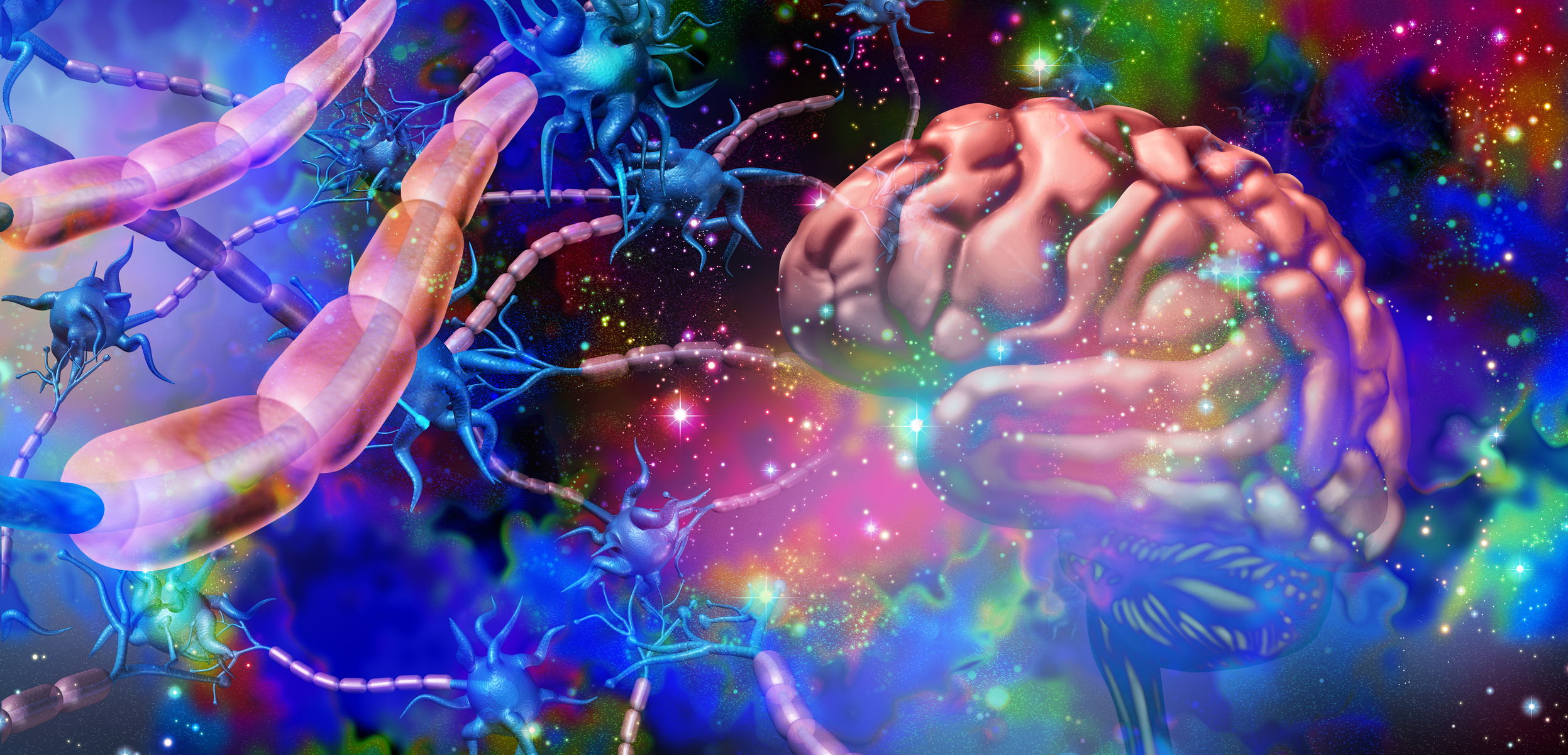Complex regional pain syndrome type 1 (CRPS-1) is a painful syndrome without effective treatment. In order to explore possible new treatments, we used an animal model of CRPS-1 to examine the effects of β-Citronellol (βCT), a monoterpene found in a variety of plants that has been shown to have analgesic effects. We aimed to assess its effects alone, and complexed with β-cyclodextrin (βCD), which has been previously used to enhance the effects of a number of medicines. The βCT-βCD was characterized physiochemically using high performance liquid chromatography (HPLC) and differential scanning calorimetry (DSC) and shown to have 80% efficiency. In the animal model, Swiss mice were treated with βCT, βCT-βCD, vehicle, pregabalin or sham and evaluated for hyperalgesia and motor coordination. Inflammatory mediators were measured by western blot or ELISA and the descending pain pathway by immunofluorescence. βCT was shown to have an anti-hyperalgesic effect (without affecting motor coordination) that reduced inflammatory mediators and activated the descending pain pathway, and these effects were increased with complexation in βCD. Our results showed βCT-βCD to be a promising treatment for CRPS-1.Copyright © 2021 Elsevier Ltd. All rights reserved.
Involvement of nuclear factor κB and descending pain pathways in the anti-hyperalgesic effect of β-citronellol, a food ingredient, complexed in β-cyclodextrin in a model of Complex Regional Pain Syndrome – Type 1.


